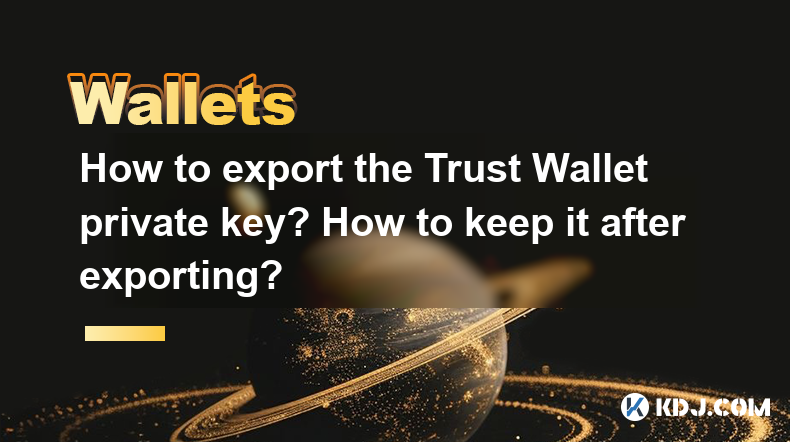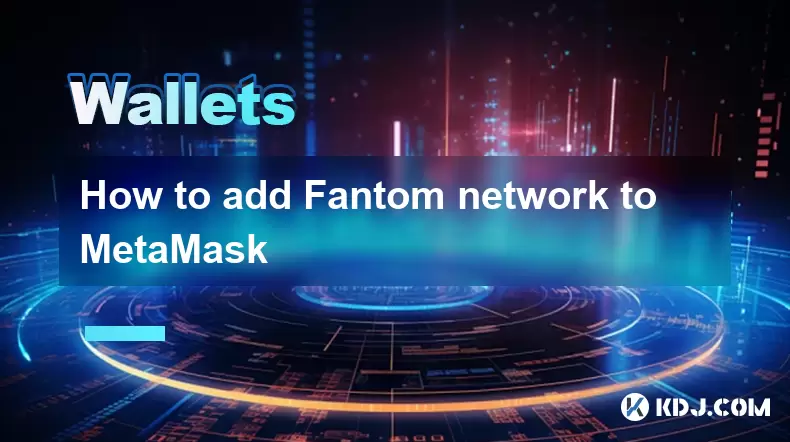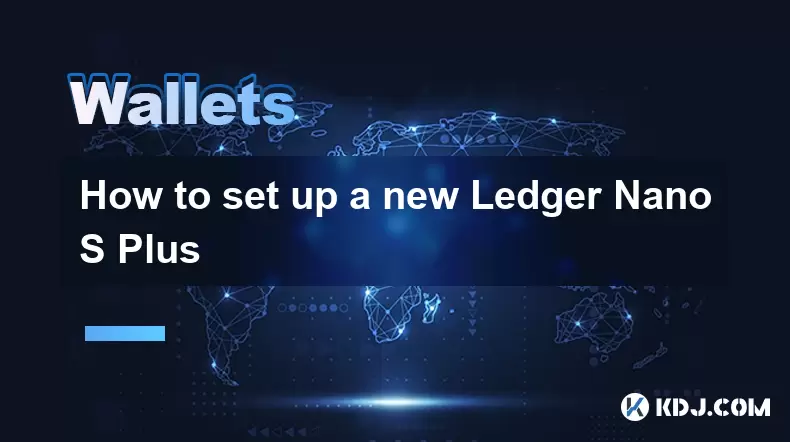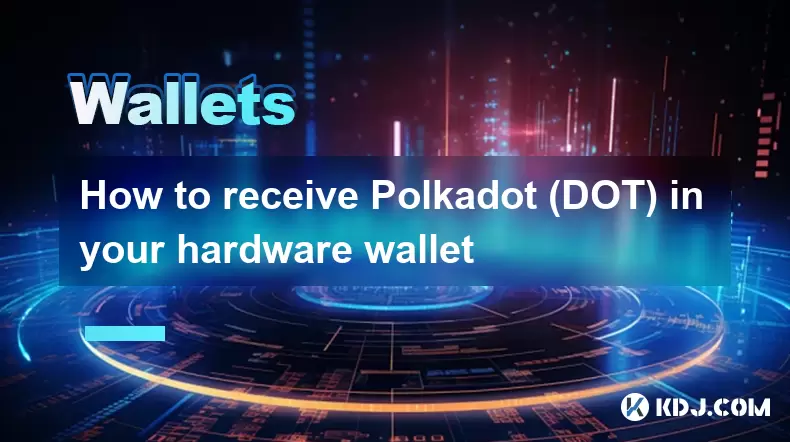-
 Bitcoin
Bitcoin $115100
1.27% -
 Ethereum
Ethereum $3675
2.71% -
 XRP
XRP $2.995
1.45% -
 Tether USDt
Tether USDt $1.000
0.02% -
 BNB
BNB $769.8
2.64% -
 Solana
Solana $168.0
3.25% -
 USDC
USDC $0.9999
-0.01% -
 TRON
TRON $0.3371
1.48% -
 Dogecoin
Dogecoin $0.2051
3.36% -
 Cardano
Cardano $0.7394
2.30% -
 Hyperliquid
Hyperliquid $38.15
0.42% -
 Stellar
Stellar $0.3966
-0.36% -
 Sui
Sui $3.486
2.93% -
 Chainlink
Chainlink $16.72
2.52% -
 Bitcoin Cash
Bitcoin Cash $568.0
4.36% -
 Hedera
Hedera $0.2440
2.59% -
 Ethena USDe
Ethena USDe $1.001
0.04% -
 Avalanche
Avalanche $22.16
2.06% -
 Litecoin
Litecoin $119.1
-0.73% -
 UNUS SED LEO
UNUS SED LEO $8.991
0.04% -
 Toncoin
Toncoin $3.232
-0.39% -
 Shiba Inu
Shiba Inu $0.00001233
2.82% -
 Uniswap
Uniswap $9.717
2.53% -
 Polkadot
Polkadot $3.664
1.85% -
 Dai
Dai $1.000
0.01% -
 Monero
Monero $281.2
-3.89% -
 Bitget Token
Bitget Token $4.350
1.55% -
 Cronos
Cronos $0.1428
5.07% -
 Pepe
Pepe $0.00001050
3.68% -
 Aave
Aave $262.3
3.54%
How to export the Trust Wallet private key? How to keep it after exporting?
To export your private key from Trust Wallet, open the app, select your wallet, go to settings, and tap "Show Private Key" after entering your security details.
May 03, 2025 at 03:56 pm

Introduction to Trust Wallet and Private Keys
Trust Wallet is a popular mobile cryptocurrency wallet that allows users to store, send, and receive a variety of digital assets. One of the critical components of any cryptocurrency wallet is the private key, which is a secret number that allows you to access and manage your cryptocurrencies. Exporting the private key from Trust Wallet can be necessary for various reasons, such as migrating to a different wallet or ensuring you have a backup in case of device failure. However, it's crucial to handle and store this key securely to prevent unauthorized access to your funds.
Steps to Export the Private Key from Trust Wallet
Exporting the private key from Trust Wallet involves a few straightforward steps. Here's how you can do it:
- Open Trust Wallet: Launch the Trust Wallet application on your mobile device.
- Select the Wallet: Navigate to the wallet from which you want to export the private key. This could be your main wallet or any additional wallets you have set up.
- Access Settings: Tap on the settings icon, usually located in the top right corner of the screen.
- Find Wallet Settings: Scroll down and select "Wallets."
- Choose the Wallet: Tap on the specific wallet you wish to export the private key from.
- Show Private Key: You will see an option to "Show Private Key." Tap on this.
- Enter Security Details: You will be prompted to enter your device's security details, such as your passcode or biometric authentication (fingerprint or face recognition).
- Reveal the Private Key: After successful authentication, the private key will be displayed on the screen. You can now copy it or write it down.
Securely Storing the Exported Private Key
Once you have exported the private key, it's essential to store it securely to protect your funds. Here are some methods to keep your private key safe:
- Physical Storage: Write down the private key on a piece of paper and store it in a secure location, such as a safe or a locked drawer. Ensure that it is not easily accessible to others.
- Encrypted Digital Storage: Use a password manager or an encrypted file storage solution to save the private key digitally. Make sure to use a strong, unique password and enable two-factor authentication (2FA) if available.
- Hardware Wallets: Consider transferring your funds to a hardware wallet, which can securely store your private key offline. This is one of the most secure methods of storing cryptocurrencies.
- Multiple Backups: Create multiple backups of your private key and store them in different locations. This can help ensure that you can recover your funds even if one backup is lost or destroyed.
Best Practices for Managing Your Private Key
Managing your private key responsibly is crucial to maintaining the security of your cryptocurrencies. Here are some best practices to follow:
- Never Share Your Private Key: Do not share your private key with anyone, as doing so can lead to the loss of your funds. Be wary of phishing attempts and scams that may try to trick you into revealing your private key.
- Regularly Check Your Backups: Periodically verify that your backups are still accessible and have not been compromised. This can help you detect any potential issues early.
- Use Strong Passcodes: If you store your private key digitally, ensure that you use strong, unique passcodes and enable two-factor authentication wherever possible.
- Stay Informed: Keep yourself updated on the latest security practices and threats in the cryptocurrency space. This knowledge can help you better protect your private key and funds.
Common Mistakes to Avoid When Handling Private Keys
When dealing with private keys, certain mistakes can lead to the loss of your funds. Here are some common errors to avoid:
- Storing the Private Key Online: Storing your private key on an internet-connected device or in an unencrypted digital format can make it vulnerable to hacking and theft.
- Using Weak Passcodes: Using easily guessable passcodes or reusing passwords across different platforms can compromise the security of your private key.
- Not Creating Multiple Backups: Relying on a single backup can be risky, as losing or damaging that backup could result in the permanent loss of your funds.
- Sharing the Private Key: Sharing your private key with anyone, even if they claim to be from a reputable service, can lead to unauthorized access to your funds.
Frequently Asked Questions
Q: Can I import the exported private key into another wallet?
A: Yes, you can import the exported private key into another wallet that supports the same cryptocurrency. Most wallets have an option to import a private key, usually found in the settings or wallet management section.
Q: What should I do if I lose my private key?
A: If you lose your private key and do not have any backups, you will not be able to access your funds. This is why it's crucial to create multiple backups and store them securely. If you have a backup, you can restore your wallet using the backup private key.
Q: Is it safe to export my private key?
A: Exporting your private key is safe as long as you handle it securely. The risk comes from how you store and manage the key after exporting it. Always use secure storage methods and follow best practices to minimize the risk of unauthorized access.
Q: Can I export the private key for multiple cryptocurrencies in Trust Wallet?
A: Yes, you can export the private key for each cryptocurrency wallet you have set up in Trust Wallet. You will need to follow the export process for each wallet individually.
Disclaimer:info@kdj.com
The information provided is not trading advice. kdj.com does not assume any responsibility for any investments made based on the information provided in this article. Cryptocurrencies are highly volatile and it is highly recommended that you invest with caution after thorough research!
If you believe that the content used on this website infringes your copyright, please contact us immediately (info@kdj.com) and we will delete it promptly.
- HashFlare Founders Face the Music: Jail Time Looms?
- 2025-08-07 14:30:12
- Toshi on Binance.US: A Memecoin's Big Break
- 2025-08-07 14:30:12
- Bitcoin, SPAC Mergers, and Parataxis: A New Yorker's Take on Crypto's Wall Street Moment
- 2025-08-07 14:50:27
- Bitcoin, Collateral, and Loan Strategies: A New York Minute on the Future of Finance
- 2025-08-07 14:50:27
- Ethereum's Bullish Surge: Reclaiming Crypto Leadership, a New York Minute
- 2025-08-07 14:55:12
- BlockDAG, Litecoin, and Cardano: Charting the Course in Crypto's Dynamic Waters
- 2025-08-07 09:09:06
Related knowledge

How to add Fantom network to MetaMask
Aug 07,2025 at 08:21am
Understanding the Fantom Network and MetaMask IntegrationThe Fantom network is a high-performance, scalable, and secure blockchain platform designed f...

How to export your transaction history from Coinbase Wallet
Aug 07,2025 at 06:50am
Understanding Coinbase Wallet and Transaction HistoryCoinbase Wallet is a self-custodial cryptocurrency wallet that allows users to store, manage, and...

How to export your transaction history from Coinbase Wallet
Aug 07,2025 at 08:49am
Understanding Coinbase Wallet and Transaction HistoryCoinbase Wallet is a self-custodial cryptocurrency wallet that allows users to store, manage, and...

How to avoid crypto wallet scams
Aug 07,2025 at 02:21pm
Understanding Common Types of Crypto Wallet ScamsCrypto wallet scams come in various forms, each designed to exploit user trust, technical ignorance, ...

How to set up a new Ledger Nano S Plus
Aug 07,2025 at 06:01am
Unboxing and Initial InspectionWhen you receive your Ledger Nano S Plus, begin by carefully unboxing the package. Inside, you should find the Ledger N...

How to receive Polkadot (DOT) in your hardware wallet
Aug 07,2025 at 07:03am
Understanding Polkadot (DOT) and Hardware Wallet CompatibilityReceiving Polkadot (DOT) into a hardware wallet begins with understanding the ecosystem ...

How to add Fantom network to MetaMask
Aug 07,2025 at 08:21am
Understanding the Fantom Network and MetaMask IntegrationThe Fantom network is a high-performance, scalable, and secure blockchain platform designed f...

How to export your transaction history from Coinbase Wallet
Aug 07,2025 at 06:50am
Understanding Coinbase Wallet and Transaction HistoryCoinbase Wallet is a self-custodial cryptocurrency wallet that allows users to store, manage, and...

How to export your transaction history from Coinbase Wallet
Aug 07,2025 at 08:49am
Understanding Coinbase Wallet and Transaction HistoryCoinbase Wallet is a self-custodial cryptocurrency wallet that allows users to store, manage, and...

How to avoid crypto wallet scams
Aug 07,2025 at 02:21pm
Understanding Common Types of Crypto Wallet ScamsCrypto wallet scams come in various forms, each designed to exploit user trust, technical ignorance, ...

How to set up a new Ledger Nano S Plus
Aug 07,2025 at 06:01am
Unboxing and Initial InspectionWhen you receive your Ledger Nano S Plus, begin by carefully unboxing the package. Inside, you should find the Ledger N...

How to receive Polkadot (DOT) in your hardware wallet
Aug 07,2025 at 07:03am
Understanding Polkadot (DOT) and Hardware Wallet CompatibilityReceiving Polkadot (DOT) into a hardware wallet begins with understanding the ecosystem ...
See all articles

























































































